Feminism, Existentialism, and Gender Equality: Key Concepts
VerifiedAdded on 2022/08/08
|8
|477
|52
Essay
AI Summary
This essay delves into the intricate relationship between feminism and existentialism, focusing on the concept of gender equality. It examines how existentialist principles, such as individual freedom and the significance of personal experiences, are applied within a feminist framework. The essay highlights the contributions of key feminist writers like Simone de Beauvoir, Kate Chopin, and others who explore gender roles and women's lived experiences. It also discusses the significance of existential feminism, the separation of individual experiences from the mass conformity, and the perspectives of writers like Carol Gilligan, who focused on the experiences of women and girls. Furthermore, the essay references the works of scholars like Jo-Ann Pilardi and Julian Murphy, to explore the evolution of existentialism and gender equality in the light of previous literature.
1 out of 8
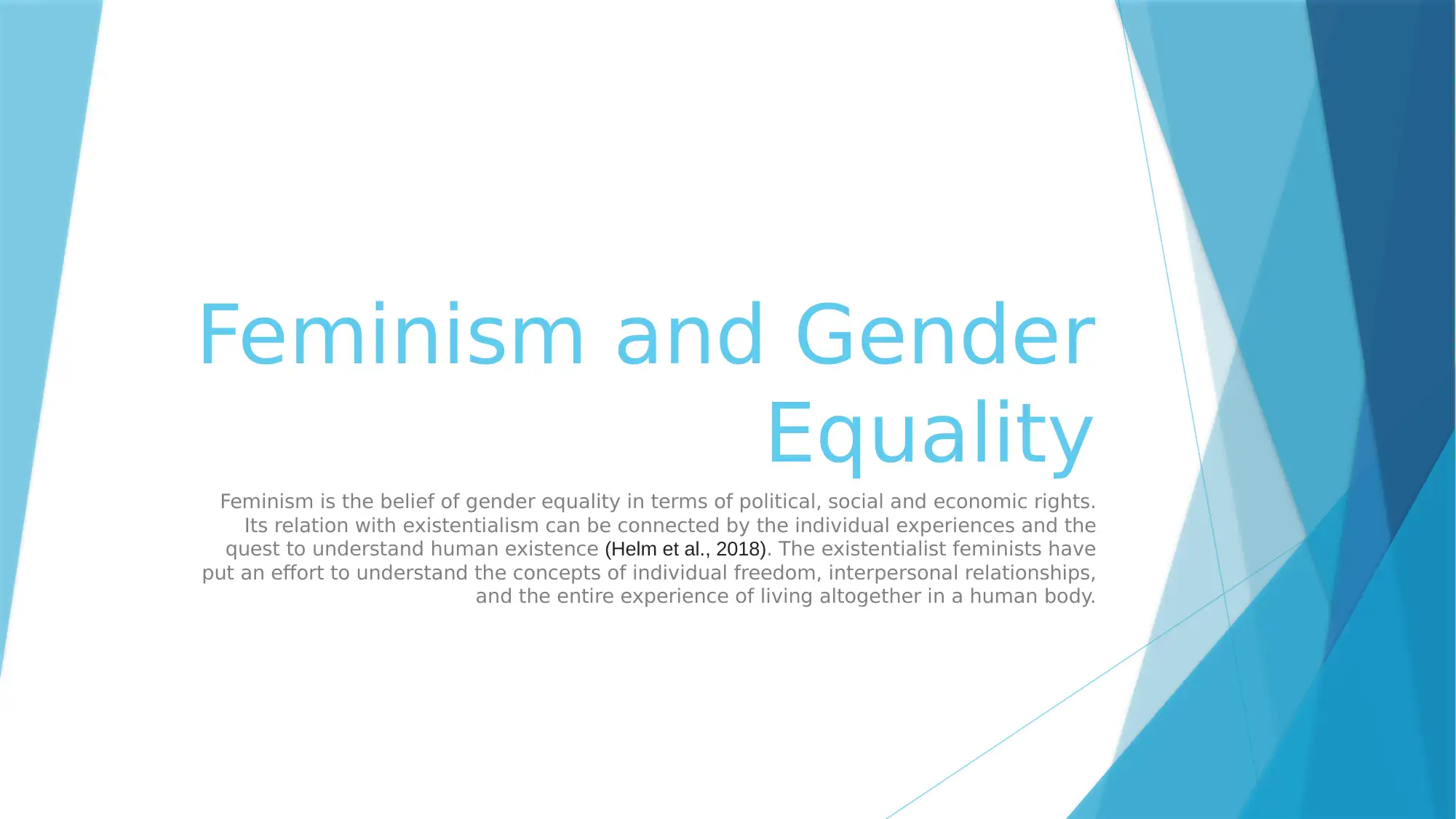
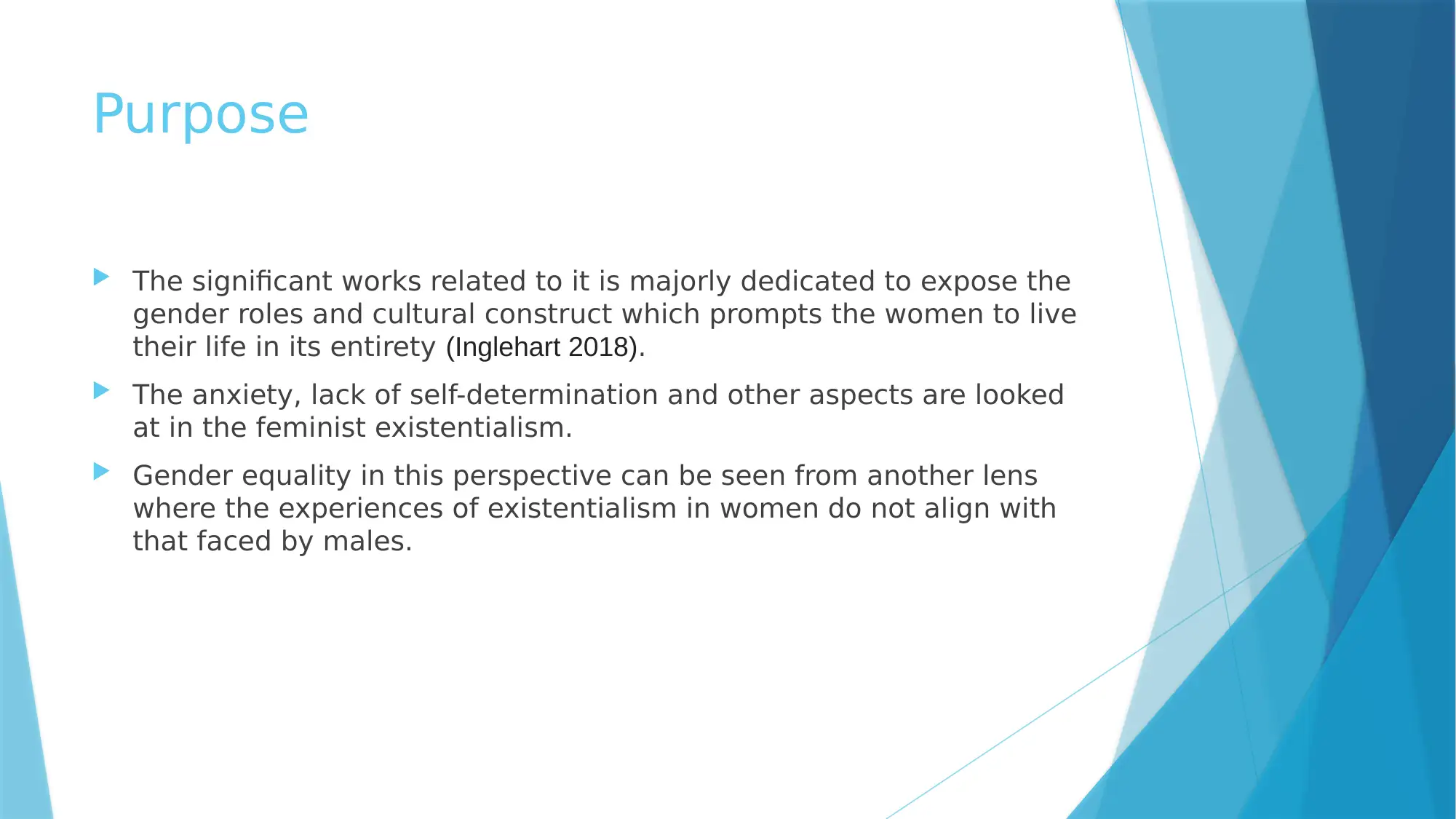
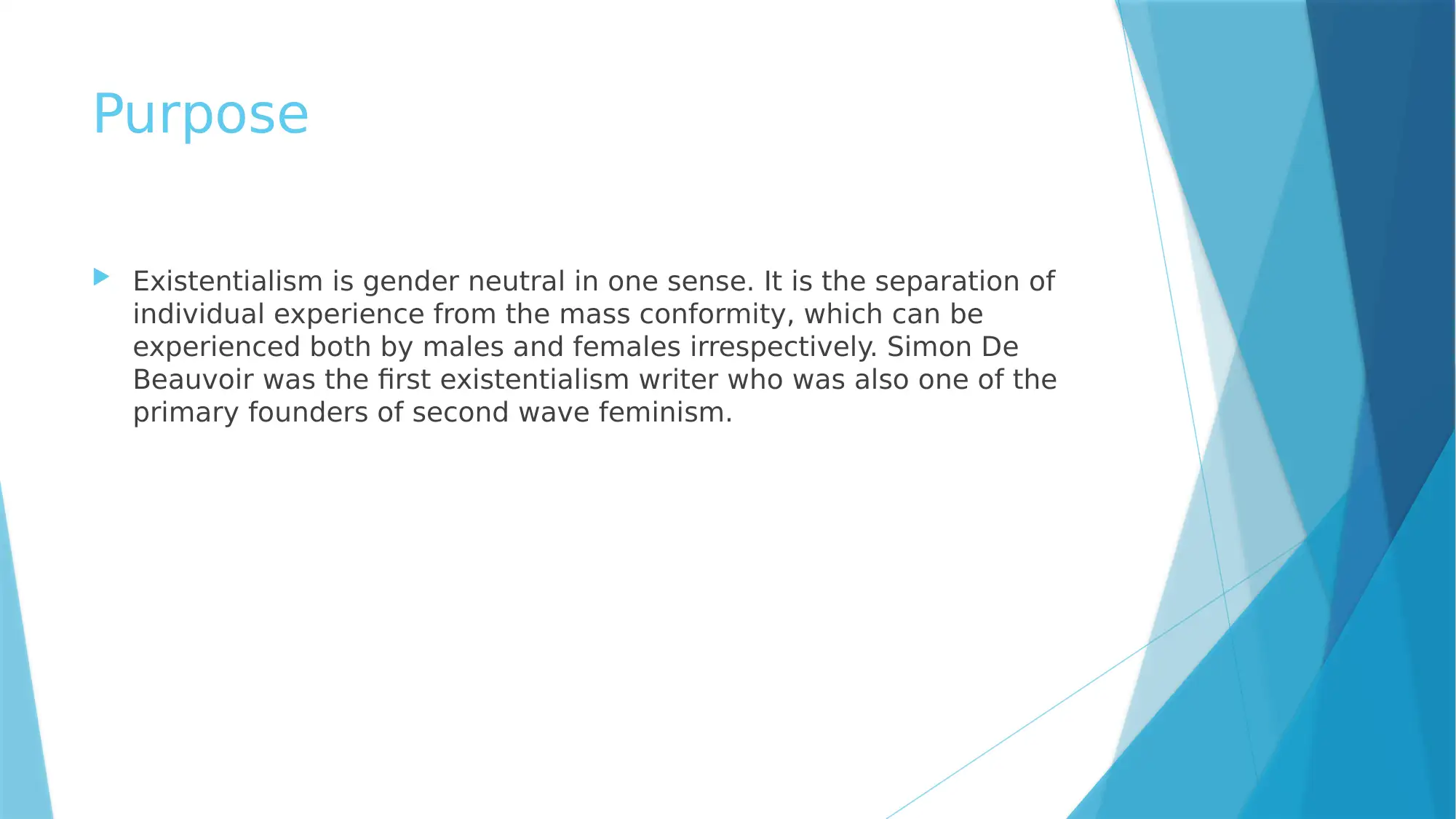

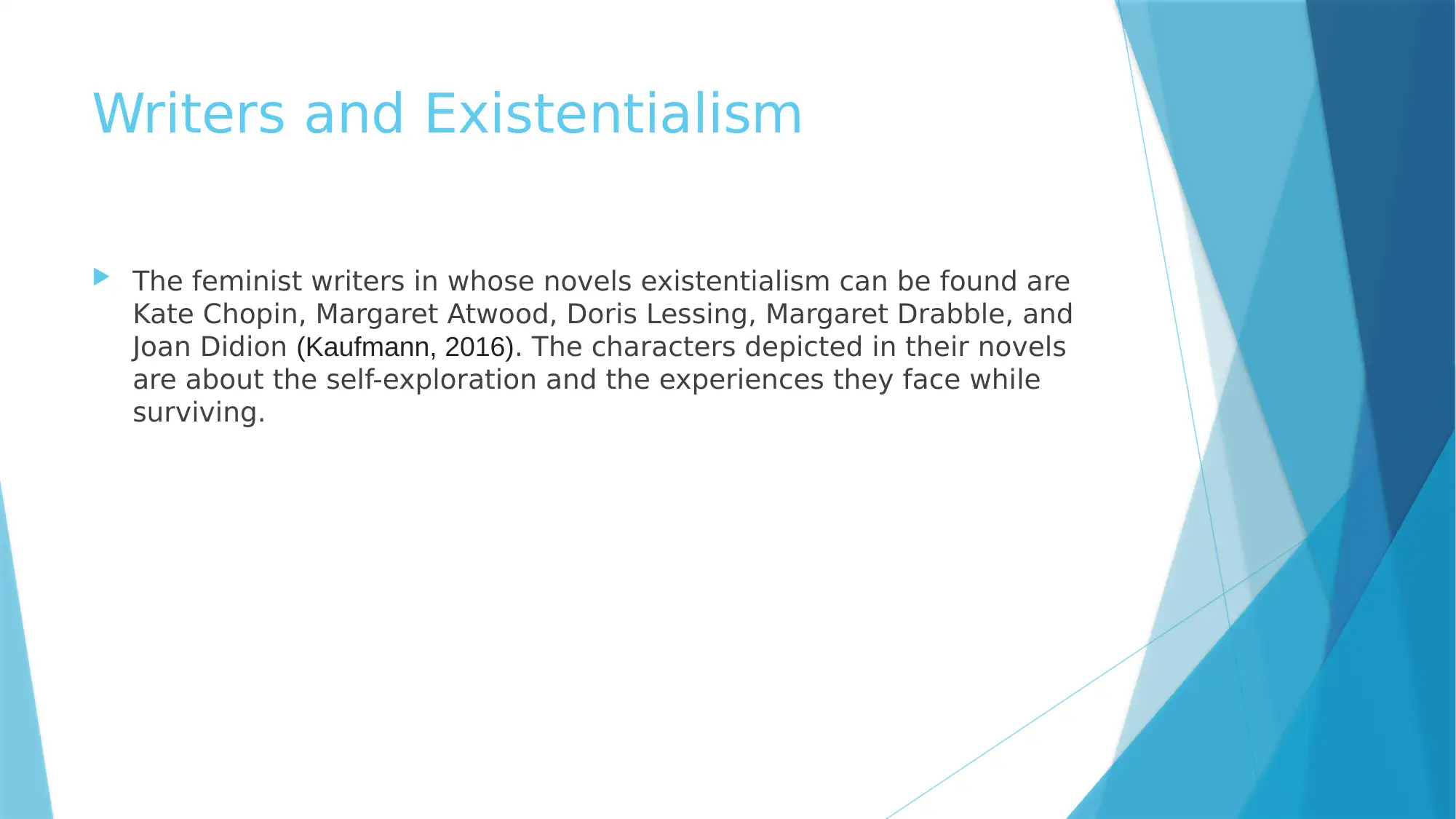
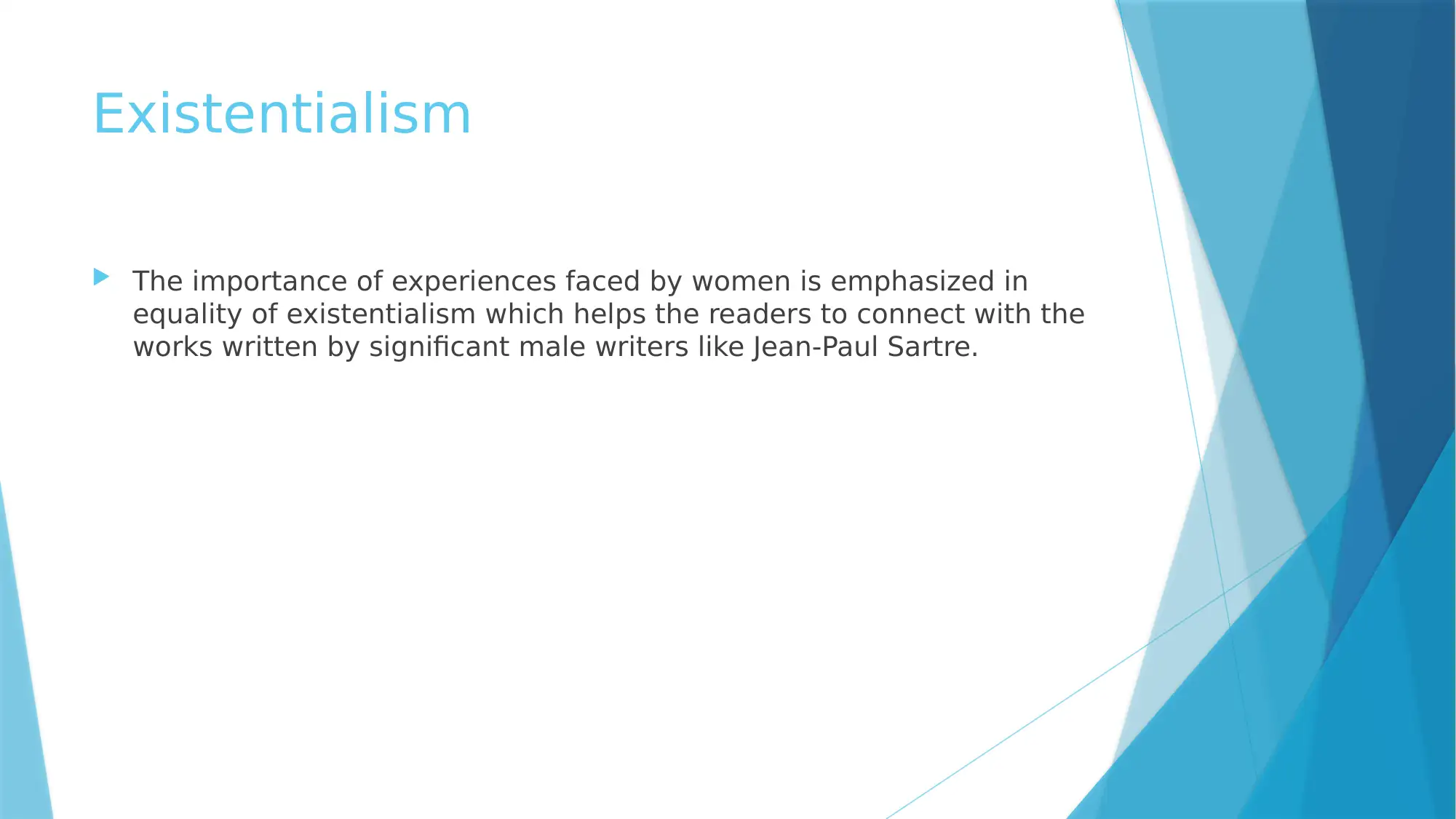
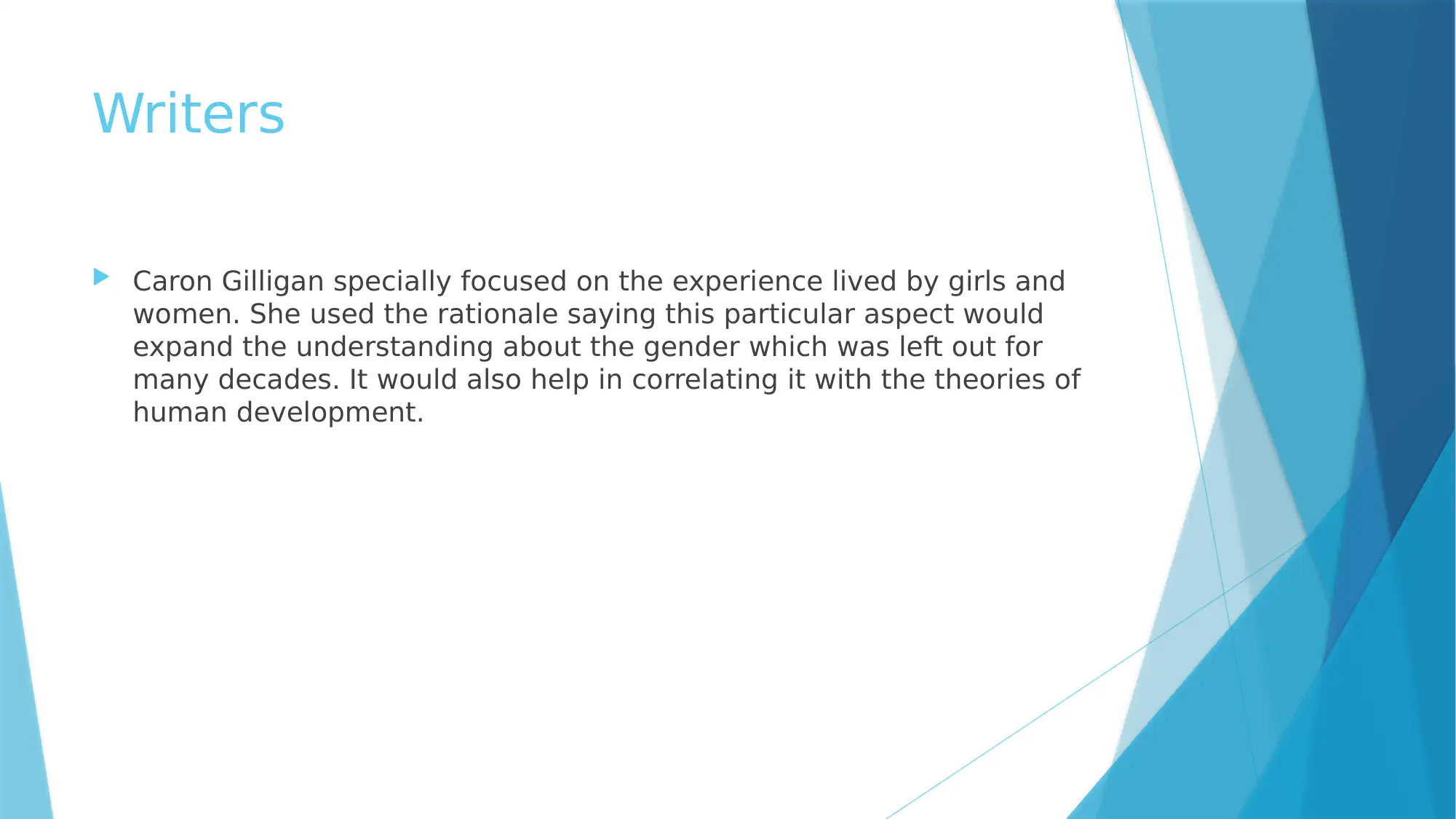
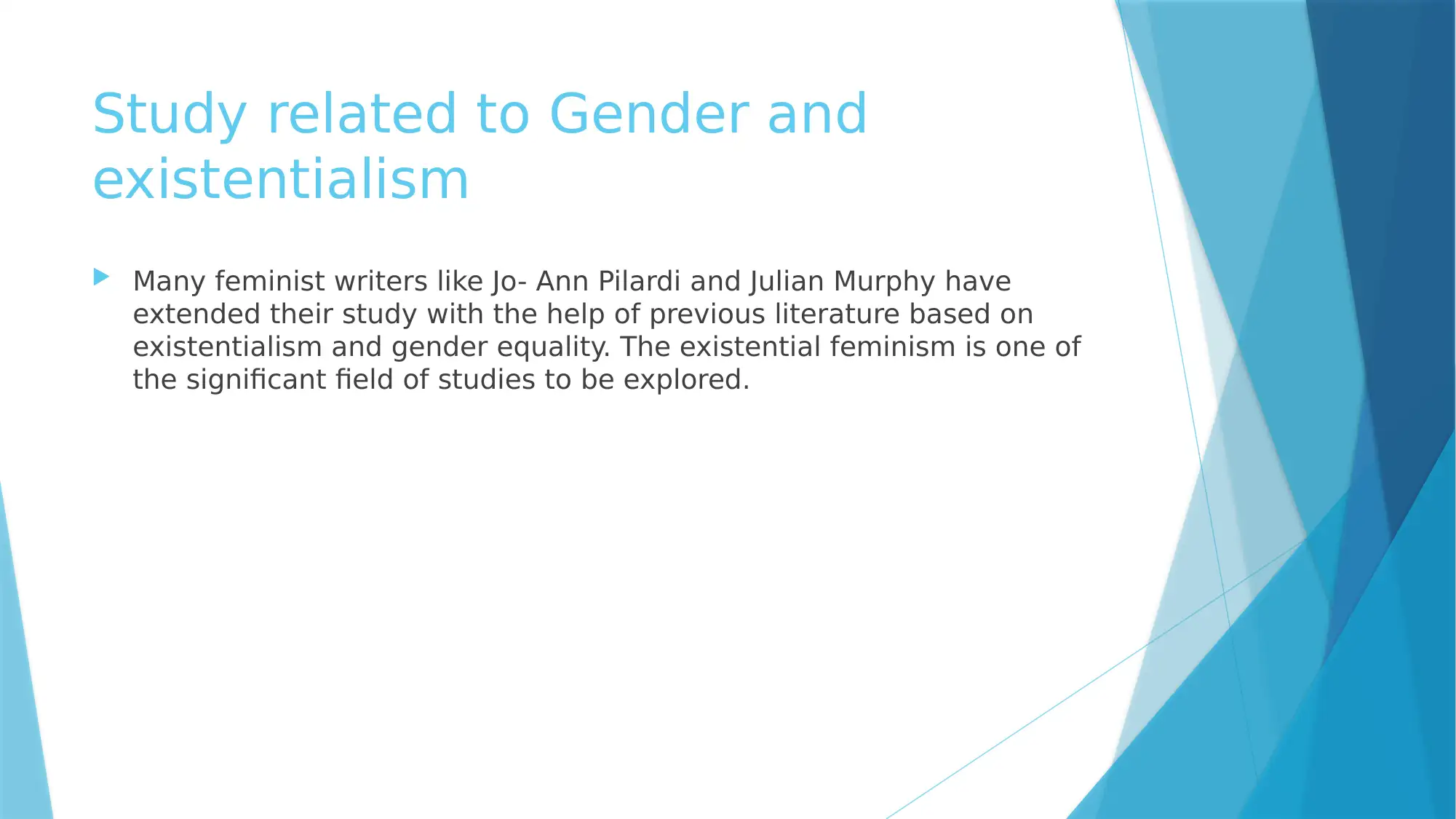
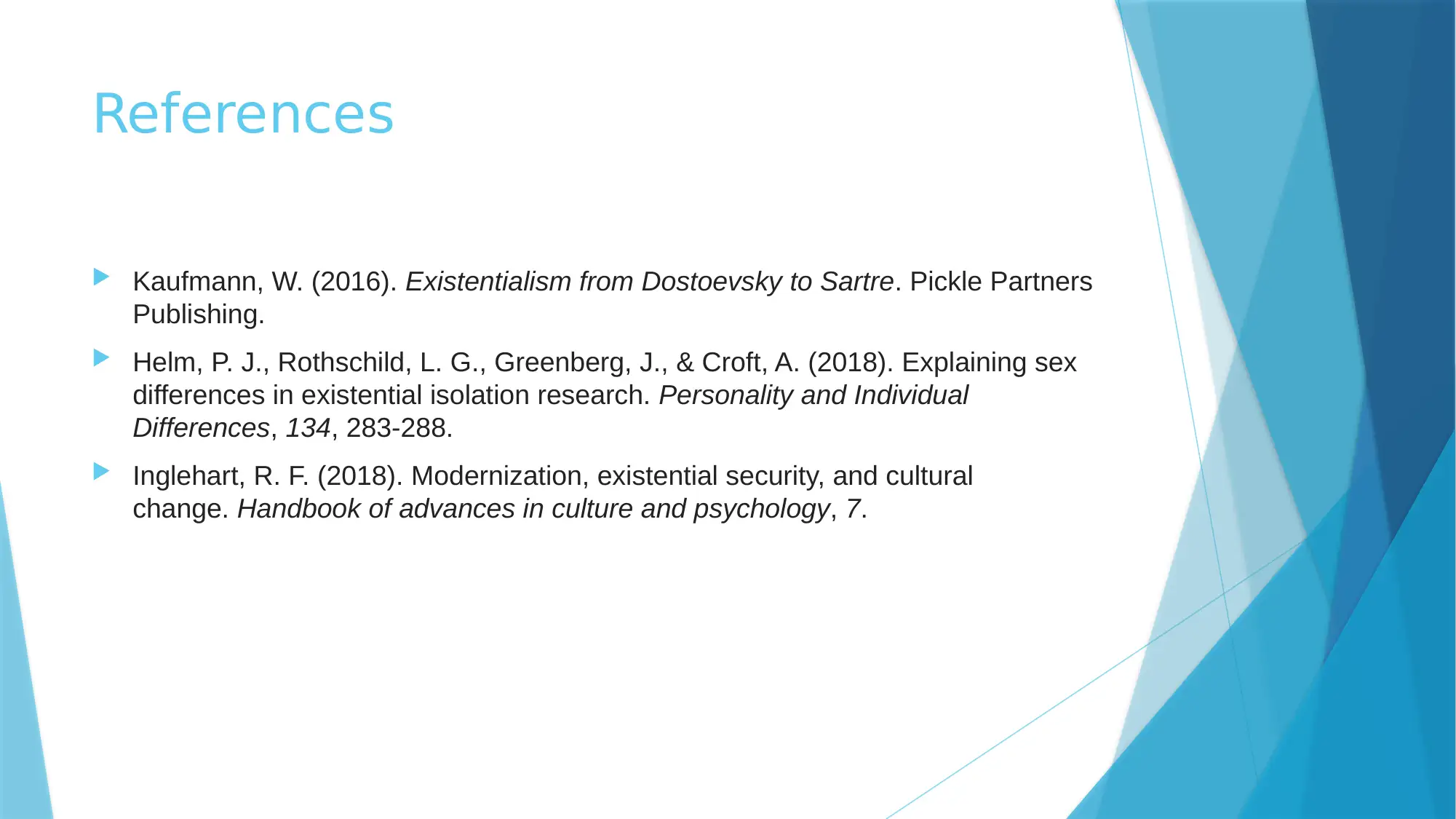




![[object Object]](/_next/static/media/star-bottom.7253800d.svg)